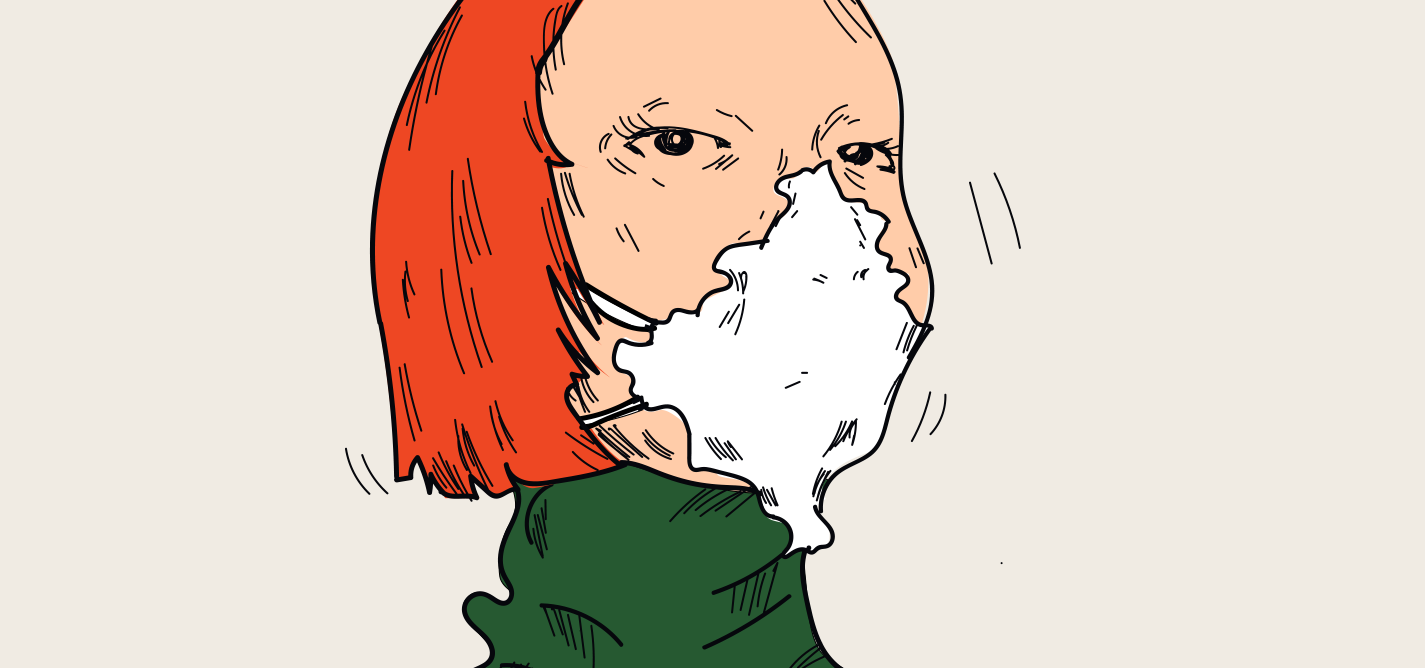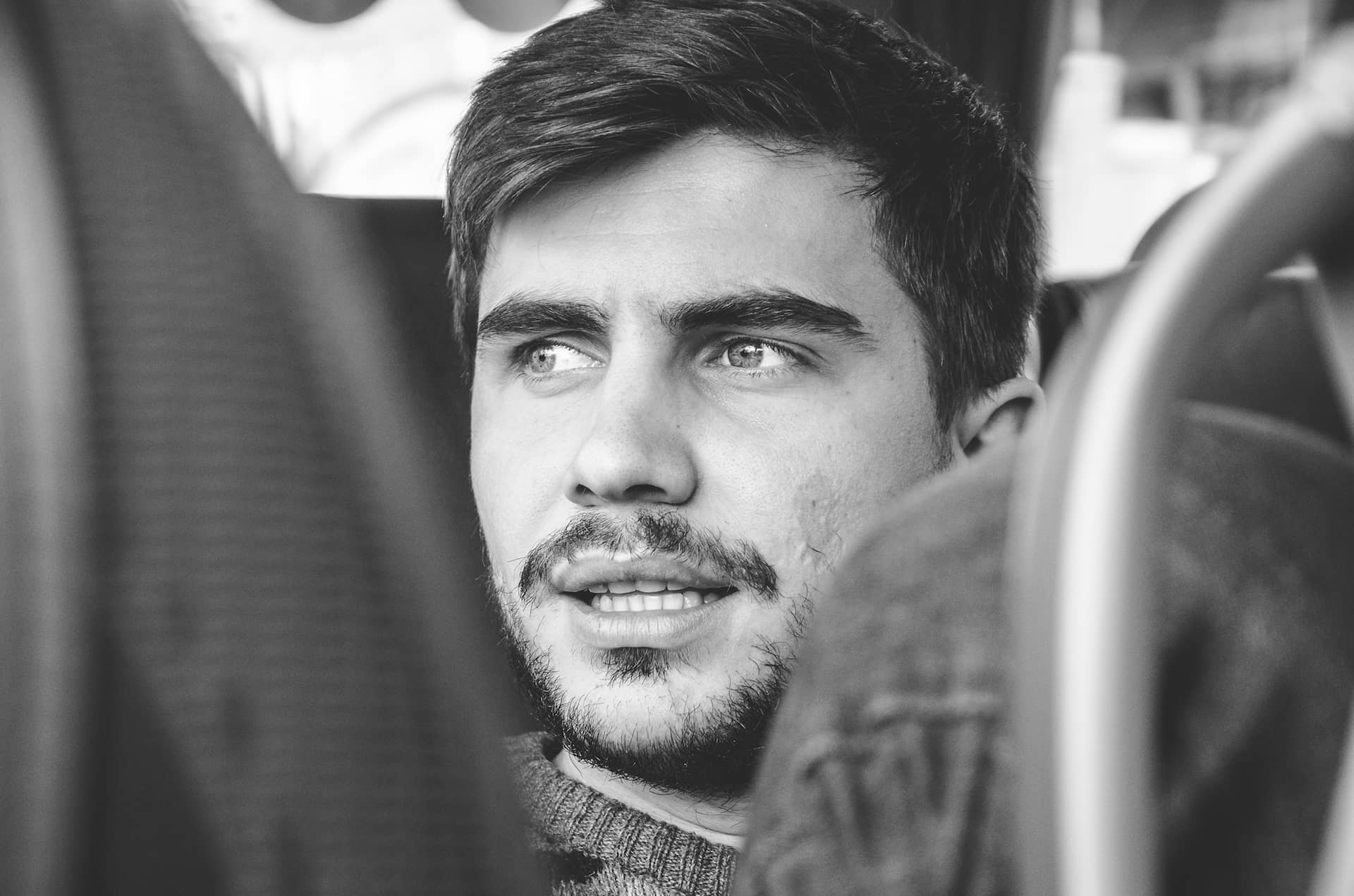
Corona and Kosovo: managing a crisis with few resources
Why Kosovo is in a more vulnerable position during this pandemic.
|17.03.2020
|
What the Kosovo Government can do for now is maintain its measures to prevent the spread of the disease across the country, so that its frail healthcare system can hold out against the pandemic.
We need to educate ourselves collectively about the seriousness of the situation and try to hold each other accountable to follow the advice of healthcare authorities and keeping calm.

Mehdi Sejdiu
Mehdi Sejdiu comes from a small village in Kosovo and is a PhD candidate in political science at the University of Heidelberg.
This story was originally written in Albanian.